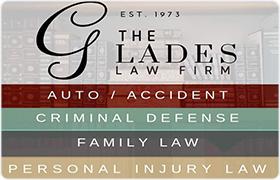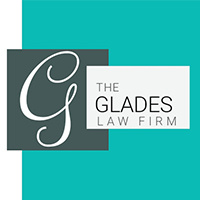Duenweg White Collar Crime Lawyer, Missouri, page 3
Sponsored Law Firm
-
 x
x

Click For More Info:
-
The Glades Law Firm, P.C.
1120 SE Murphy Blvd Joplin, MO 64801» view mapCriminal Defense Law Determined. Experienced. Passionate.
Serving Southwest Missouri since 1973. Our experienced legal staff is dedicated to helping you with personal injury, criminal defense, and family law matters.
800-965-6971
Not enough matches for Duenweg White Collar Crime lawyer.
Below are all Duenweg Criminal lawyers.
Ty Steven Gaither
Traffic, Criminal, Constitutional Law, Civil & Human Rights
Status: In Good Standing *Status is reviewed annually. For latest information visit here
William J. Fleischaker
Traffic, Juvenile Law, Constitutional Law, Car Accident
Status: In Good Standing *Status is reviewed annually. For latest information visit here
 Phillip A. Glades Joplin, MO
Phillip A. Glades Joplin, MO Practice AreasExpertise
Practice AreasExpertise